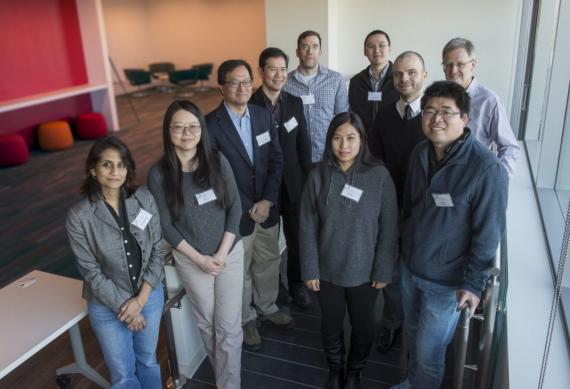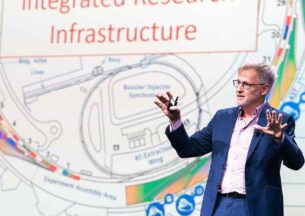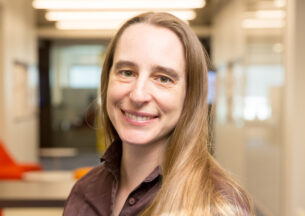How University of Chicago Is Making Your Computer Unstoppable

Andrew Chien, director of the CERES Unstoppable Computing Center at University of Chicago, wants computing devices to be more like military tanks, the Zephyr solar plane, and Fauja Singh, the 104-year-old marathon runner.
In other words, everything our current devices are not: durable, reliable, and long-lasting.
“Why can’t electronic devices, our computing devices have that kind of longevity?” he asked. “When we talk about unstoppable we’re trying to get out to the traditional mindset of computing people, which is fewer failures this week, and into this mindset…why can’t a computing device be as durable as a chair? You don’t think a chair [will get] worn out and thrown away every 18 months.”
This week UChicago launched a center devoted to “unstoppable computing.” The CERES Center will work on projects to help mobile devices, cloud platforms, computers, and smart technology stay free of bugs, energy-draining flaws, and systems that shut down due to small errors. Given our growing reliance on interconnected networks, such as Internet of Things, UChicago researchers hope their work will re-focus innovation on durable and reliable tech.
“Our capacity to add features, to add gigabytes, is exceeding our abilities to actually make use of it,” Chien said. “Some of these attributes of unstoppability are more important than functional performance attributes.”
For example: “When you do a bank transaction on your phone, are you worried that it executes in two seconds versus one second, or are you worried that nobody can steal your money?” he said.
The CERES Center, made up of UChicago computer science faculty and graduate students, will work on a variety of projects that range from fortifying cloud services to improving smart phone battery life. On the large scale, Chien said they’re exploring new architecture for scalable and energy efficient data analytics. On the small scale, they’re exploring ways to automatically debug systems and create more energy efficient devices.
“You actually have a system that is smart enough to know when its working for you and when it isn’t,” he said. For example, say you’re driving to Milwaukee and you pull up Google Map directions. If you leave navigation on, chances are your phone battery will die halfway there. Chien said the phone should be smart enough to shut down that function and conserve battery life.
“The phone knows you’re going to Milwaukee,” he said. “It’s not rocket science to understand the phone should still have charge when you get to Milwaukee.”
CERES will also work with company and organization partners to define problems. Initial partners are Huawei, a Chinese mobile and telecoms company; Argonne National Laboratory; and NetApp, a data storage company. Chien said those partnerships then could create an avenue to scaling their solutions.
Often, he pointed out, there is little incentive to go after more practical innovation when it comes to forging forward in tech–reliable gadgets don’t sell as well as flashy gizmos. But focusing on smoothing the small errors and structural inefficiencies could have benefits beyond just alleviating daily annoyances.
“One exciting possibility through the power of some new ideas for unstoppable computing is lowering the environmental impact of computing as a whole,” he added. “It ought to be possible to build devices that we don’t have to throw away every two years.”
Article by Karis Hustad, Staff writer – ChicagoInno
Photo credit University of Chicago
Read the full article via ChicagoInno.












